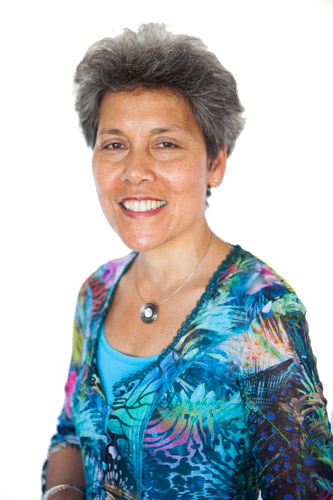Every migration is different
Migrating isn’t a walk in the park. You start all over again. Each migration also has its own character. For example, it makes quite a difference at what age you migrated and to what extent the culture of your home country differs from that of your new country.
Culture is unconscious
Living between cultures is living with (often) unconscious differences. Sometimes you don’t feel at home with others or you don’t understand yourself well. Without being able to put your finger on exactly what causes this. Living between cultures is not the same as understanding the differences. This understanding can help you further in the process of integrating your cultures into yourself.
Dealing with discomfort
Living between cultures is living feelings of difference and insecurity, for example, or of longing for the familiar things you left behind. How do you deal with this? Do you try to escape those feelings or override them? Or do you manage to let them exist and live with them? Patterns (coping mechanisms) can develop unnoticed, either in yourself or in your migrant parents.
Everyone is different
Every person is unique. You approach everything you encounter in life from the perspective of the person you are and ‘always carry with you’. Everyone has their own strength, but also weaknesses. And everyone is formed by previous experiences, including in the family of origin. This also affects how you deal with being connected to multiple cultures.
Four situations
Your personality and your background are unique. Nevertheless, you may also recognise many of the things other people encounter. This is because universal dynamics often play a role in living between cultures. I therefore mainly focus on four different situations in my counselling.

